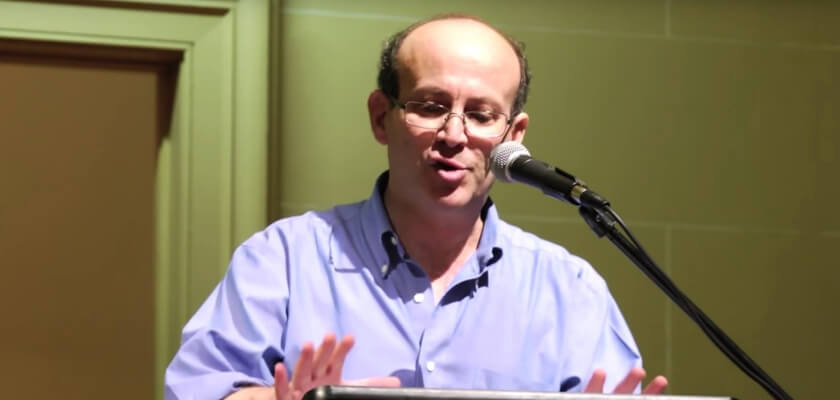The state of Georgia recently filed a lawsuit against a private organization for making government records available online and providing access to the public. The state alleges that this effort forms part of a larger act that can be categorized as terrorism.
According to Carl Malamud, lawyer of the group Public.Resource.Org, government records should be accessible to its citizen for free. His group has been working hard for ten years making them available online. It is unfortunate, then, that the state of Georgia finds their efforts unlawful and even sued his group for copyright infringement.
Thankfully, a federal appeals court has ruled against the state. This is after Mr. Malamud and his group urged the said court to hear their dispute, especially since the issue is an urgent one. Other States have started claiming the same thing as the state of Georgia, claiming that some legal materials are copyrighted and hence no private individual or group is allowed to make them available online.
Still, the case, Georgia v. Public.Resource.Org, No. 18-1150 concerns the 54 volumes of the Official Code of Georgia Annotated. This contains statutes and related materials made publicly available online by the state through a legal publisher. According to the government, while they don’t object to the group’s work on making them available online, access to these materials should however be subject to the publishers’ corresponding fees. This is due to the fact that publishers have already made a deal with the state.
In ruling in favor of the private group, the appeals court contends that statutes and annotations are integral part and form the basis for the interpretation of a law. This means that statutes and annotations comprise a judicial opinion which can’t be copyrighted.
Historically, this has been true as the last time the US Supreme Court addressed the matter, it ruled that the whole work done by judges including annotations and exposition comprised the full interpretation of the law. As such, these are free for publication to all. So, the public has all the right to access and use these legal resources without fear of getting sued by the government.













